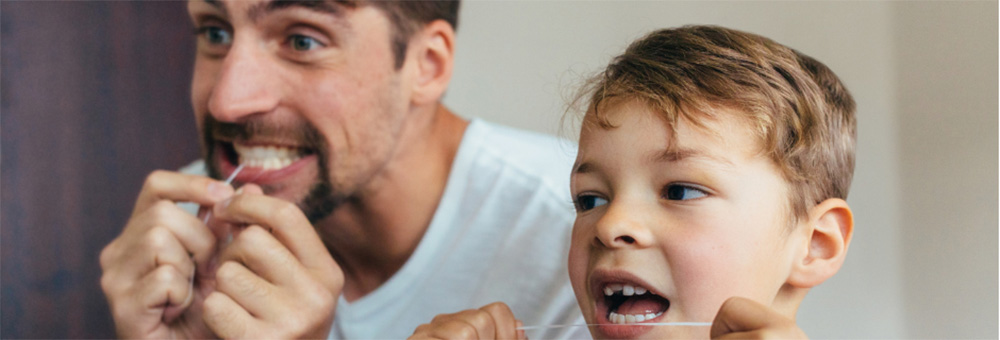Brushing your teeth before bed? Great start. But there’s a bit more to protecting your oral health overnight than a quick scrub with a toothbrush.
Our mouths go through quite a few changes while we sleep. Saliva production slows down, which means less natural protection against bacteria. That’s why night-time is prime time for decay, gum inflammation, and plaque buildup — if we’re not careful.
A thoughtful evening routine doesn’t have to take long, but it can make a big difference to your long-term dental health. Here’s a step-by-step guide to building a night-time dental routine that actually works.
Step 1: Brush — But Do It Properly
Brushing at night is non-negotiable. During the day, food particles, plaque and acids build up on your teeth, and it’s vital to clean them off before sleep.
Tips for better brushing:
- Use a soft-bristled toothbrush and fluoride toothpaste.
- Brush for two full minutes.
- Angle the brush at 45 degrees to the gum line and use gentle circular motions.
- Pay extra attention to the back molars — they’re easy to miss.
Step 2: Clean Between Your Teeth
Flossing isn’t just about removing food. It breaks up plaque where toothbrush bristles can’t reach — and if you’re skipping this step, about a third of your tooth surface is being missed.
Options include:
- Traditional floss
- Interdental brushes
- Water flossers
Choose what works best for you — just make sure it’s part of the routine.
Step 3: Rinse Mindfully (or Not at All)
It’s tempting to rinse your mouth out after brushing, but doing so can wash away the fluoride that protects your teeth.
Try this instead:
- Spit out the excess toothpaste, but don’t rinse with water.
- If you use a mouthwash, make sure it contains fluoride and use it at a different time (e.g., after lunch) so it doesn’t interfere with brushing.
Step 4: Don’t Forget Your Tongue
Bacteria love to hide on the tongue. Gently brushing your tongue or using a tongue scraper can help reduce bad breath and improve your overall oral hygiene.
It only takes a few extra seconds — and the results are worth it.
Step 5: Use a Night Guard If You Grind or Clench
If you wake up with jaw pain, headaches, or sensitive teeth, you might be grinding in your sleep (a condition known as bruxism). This can lead to enamel wear, cracks, and gum recession.
A custom night guard can protect your teeth from damage while you sleep. If you suspect you’re grinding, come and see us — we can assess your bite and recommend the right solution.
Step 6: Skip Late-Night Snacks
Eating just before bed gives bacteria fuel to work with overnight. Even healthy snacks can feed the plaque process, especially if you don’t brush again afterwards.
If you’re hungry late at night, stick to plain water or non-acidic, low-sugar options like a small piece of cheese.
Step 7: Hydrate
Saliva is your mouth’s natural defence system. When you’re dehydrated, your mouth becomes dry — and dry mouths are more prone to decay, bad breath, and plaque buildup.
Tips:
- Keep a glass of water next to your bed.
- If you wake up with dry mouth regularly, speak with us — there may be a treatable cause.
Bonus Tips for a Healthier Night-time Routine
- Set a reminder: A simple phone alert can help you build a more consistent routine.
- Keep dental tools visible: Make floss and mouthwash easy to reach.
- Check your products: Use toothpaste and mouthwash with fluoride, and choose a toothbrush with soft bristles.
Why Night-time Care Matters
While you sleep, your mouth becomes more vulnerable. Bacteria aren’t washed away by saliva as easily, and your mouth stays closed, giving bacteria the perfect conditions to grow. A proper night-time routine interrupts that cycle.
It’s one of the best things you can do to protect your teeth — especially if you want to avoid fillings, gum treatment, and more extensive dental work down the track.
Brushing before bed is important, but it’s just one part of the puzzle. By taking a few extra minutes each night, you can keep your teeth stronger, your breath fresher, and your dental visits far less stressful.
If you need help setting up a night-time routine that suits your needs, come and see us. We’re here to help you build habits that protect your smile for life.




